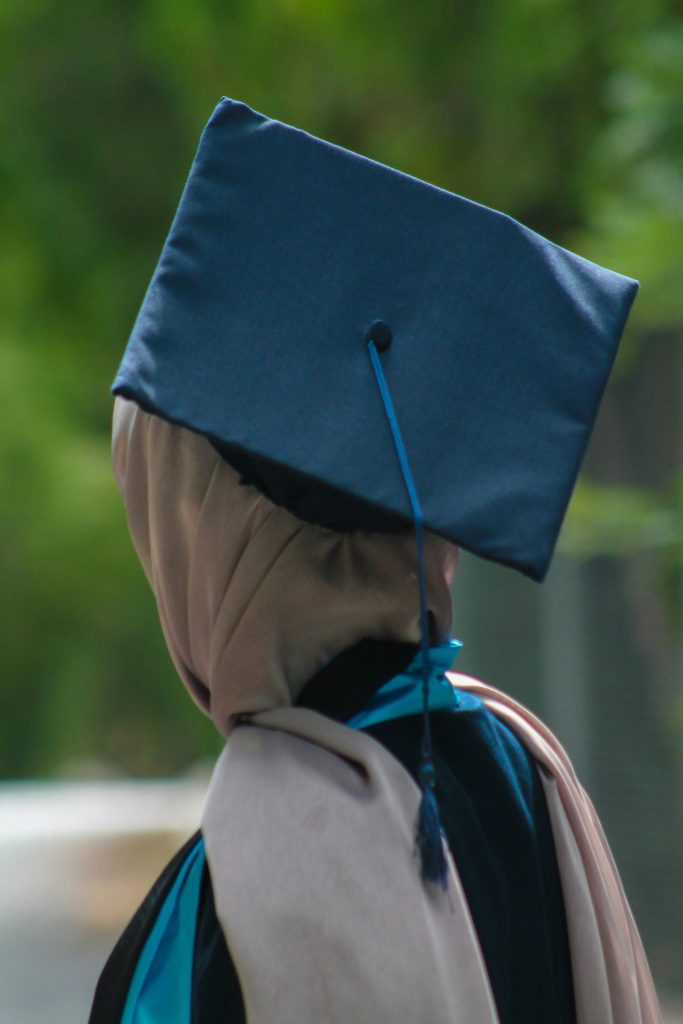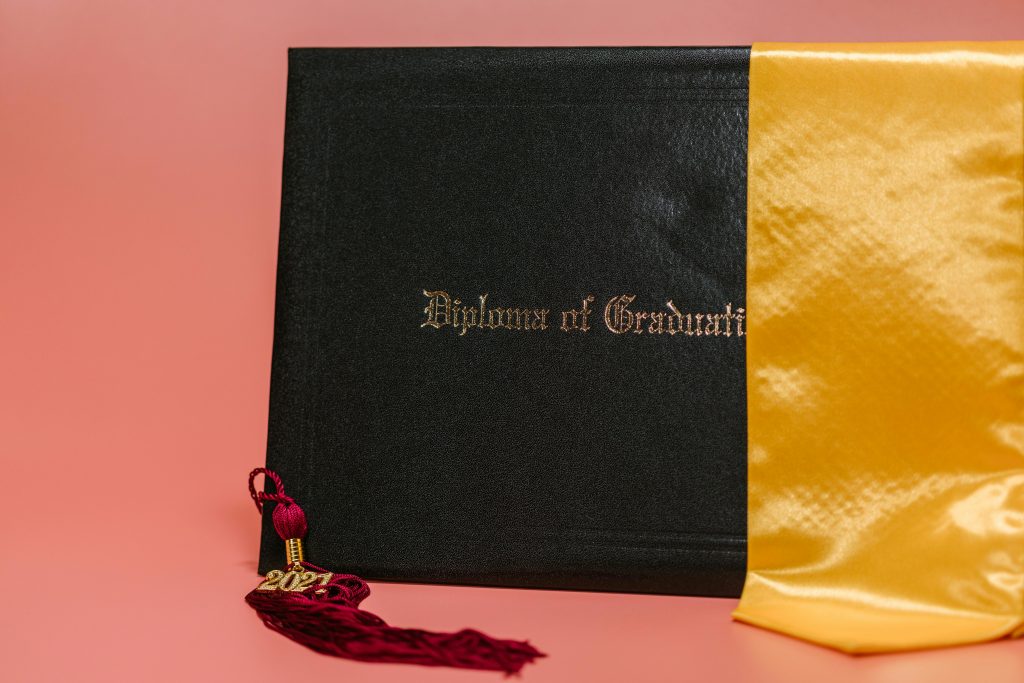Dreaming of a PhD in Poland? Fully Funded Scholarships at University of Warsaw Await (2025-26)

Are you a bright and ambitious graduate with a passion for in-depth research? Does the idea of pursuing a doctoral degree at a prestigious European university excite you? If so, your dream might just become a reality! The University of Warsaw (UW) in Poland is opening its doors to talented international students with a range of fully funded doctoral scholarship opportunities for the academic year 2025-2026.
Imagine immersing yourself in a rich academic environment, working alongside leading researchers, and contributing to cutting-edge discoveries – all while having your studies fully funded. The University of Warsaw, one of Poland’s oldest and largest universities, offers just that chance across a diverse spectrum of disciplines within its four Doctoral Schools:
- Doctoral School of Humanities: Explore fields like archaeology, history, linguistics, literary studies, and more.
- Doctoral School of Social Sciences: Delve into economics, political science, sociology, psychology, and beyond.
- Doctoral School of Exact and Natural Sciences: Discover opportunities in mathematics, physics, chemistry, biology, computer science, and earth sciences.
- Interdisciplinary Doctoral School: Craft a unique research project spanning at least two academic fields.
What Makes These Scholarships So Attractive?
The University of Warsaw is committed to fostering academic excellence and attracting top talent from around the globe. Their doctoral scholarships typically offer significant financial support, which can include:
- Monthly Stipend: Doctoral candidates receive a monthly scholarship to cover their living expenses. For the academic year 2025-26, the scholarship amounts to PLN 4,242 gross per month before the mid-term evaluation and PLN 5,340.90 gross per month after. Candidates with a disability certificate may also receive an additional monthly allowance.
- Tuition Fee Waiver: For many international students, these scholarships also cover the full cost of tuition fees, removing a significant financial barrier.
- “Scholarship to Start”: The University of Warsaw offers an additional “Scholarship to Start” for the top 20% of candidates with the highest enrollment scores within each discipline, providing extra financial support at the beginning of their doctoral journey.
Who Can Apply?
The eligibility criteria will vary slightly depending on the specific doctoral school and funding source. However, generally, successful candidates will:
- Hold a Master’s degree (or equivalent) in a relevant field.
- Demonstrate a strong academic record and research potential.
- Present a compelling research proposal that aligns with the research areas of the chosen doctoral school and potential supervisors.
- Meet the English language proficiency requirements of the University of Warsaw.
It’s crucial to visit the official websites of the individual Doctoral Schools and the University of Warsaw’s admissions page for the most precise and up-to-date eligibility criteria.
How to Embark on Your Doctoral Journey in Warsaw:
The application process for the Doctoral Schools at the University of Warsaw is conducted online through the Internet Recruitment of Candidates (IRK) system. Here’s a general overview of the steps involved:
- Explore Doctoral Programs: Visit the websites of the four Doctoral Schools to learn about the available disciplines, research areas, and potential supervisors.
- Find a Supervisor: While not always mandatory at the initial application stage for all schools, proactively identifying and contacting potential supervisors whose research aligns with your interests is highly recommended and may be required by some faculties (e.g., Faculty of Medicine, Health and Human Sciences).
- Prepare Your Research Project Proposal: This is a critical component of your application. Your proposal should clearly outline your research question, methodology, expected outcomes, and its significance.
- Gather Required Documents: This typically includes your academic transcripts, diplomas, CV, a motivation letter, your research proposal, and proof of English language proficiency.
- Register and Apply Online via IRK: Create an account on the IRK system and complete the online application form for your chosen Doctoral School and program.
- Pay the Application Fee: There is usually a non-refundable application fee.
- Submit Your Application by the Deadline: The enrollment period for the Doctoral Schools for the 2025/2026 academic year is open until May 29, 2025. However, the deadline for the “Implementation PhD” program (a collaborative program with employers) is earlier, from April 22 to May 6, 2025. Don’t miss these crucial dates!
- Attend an Interview or Examination (if required): Shortlisted candidates may be invited for an interview or examination as part of the selection process.
Don’t Let This Opportunity Pass You By!
The fully funded doctoral scholarships at the University of Warsaw offer an incredible chance to advance your academic career in a vibrant European capital with a rich history and culture. If you are a driven and talented graduate seeking a supportive and intellectually stimulating environment for your PhD studies, take the first step today.
Visit the official University of Warsaw Doctoral Schools website and the Admissions Office page for detailed information on available programs, specific scholarship details, eligibility criteria, and the application process. Your doctoral dream in Poland could be just an application away!

Dreaming of Studying in Poland? Yes, Scholarships Can Make it Happen!
Poland, with its rich history, vibrant culture, and increasingly renowned universities, is becoming a popular destination for international students. However, the financial aspect of studying abroad can often be a significant concern. The good news is: yes, it is absolutely possible to get a scholarship to study in Poland!
While a fully-funded ride isn’t guaranteed for everyone, Poland offers a range of scholarship opportunities for international students at various levels of study – Bachelor’s, Master’s, and PhD. Understanding the types of scholarships available and where to look is the first step towards making your Polish academic dream a reality.
Who Offers Scholarships in Poland?
Scholarships in Poland come from various sources:
- The Polish Government: The Polish government, through agencies like the Polish National Agency for Academic Exchange (NAWA), offers several prestigious scholarship programs for international students. These often cover tuition fees, living expenses, and sometimes even travel costs. Notable programs include the Ignacy Łukasiewicz Scholarship Programme and the Stefan Banach Scholarship Programme, often targeting students from developing countries in specific fields.
- Polish Universities: Many Polish universities themselves offer scholarships to attract talented international students. These can be merit-based, need-based, or specific to certain fields of study. It’s crucial to check the individual university websites for their scholarship offerings.
- The European Union (EU): Through programs like Erasmus+, students from participating countries can receive grants for study mobility in Poland.
- Other Organizations and Foundations: Various private foundations and international organizations also offer scholarships for students wishing to study in Poland. Examples include the Visegrad Scholarship Programme for students from Central and Eastern European countries.
Types of Scholarships You Might Find:

- Full Tuition Fee Waivers: These scholarships cover the entire cost of your studies.
- Partial Tuition Fee Waivers: These scholarships cover a portion of your tuition costs, making your studies more affordable.
- Living Stipends: Some scholarships provide a monthly allowance to help with your living expenses, such as accommodation, food, and transport.
- Combined Scholarships: The most comprehensive scholarships might offer a combination of tuition fee coverage and a living stipend.
- Scholarships with Additional Benefits: Some scholarships may also include benefits like travel grants, health insurance, or accommodation allowances.
How to Find and Apply for Scholarships in Poland:
- Identify Your Study Level and Field: Determine whether you are looking for undergraduate, Master’s, or PhD scholarships and in which academic discipline. This will help you narrow down your search.
- Explore Official Websites:
- Study in Poland: This government website provides information on scholarships offered by the Polish government and other organizations.
- Polish National Agency for Academic Exchange (NAWA): Check the NAWA website for their current scholarship programs and application guidelines.
- University Websites: Visit the international student or scholarship sections of the websites of Polish universities you are interested in.
- Mastersportal and other scholarship databases: These platforms often list scholarships available in various European countries, including Poland.
- Check Eligibility Criteria Carefully: Each scholarship has its own specific requirements regarding nationality, academic background, language proficiency, and field of study. Ensure you meet all the criteria before applying.
- Prepare a Strong Application: Your application will typically require academic transcripts, a motivation letter, a CV, letters of recommendation, and possibly a research proposal (for postgraduate studies). Tailor your application to each specific scholarship.
- Meet Application Deadlines: Scholarship deadlines vary, so it’s crucial to check them carefully and apply well in advance. The application periods often fall between February and May for the academic year starting in October.
- Be Prepared for Language Requirements: While many programs in Poland are offered in English, some scholarships might require or prefer knowledge of the Polish language. Check the specific requirements.
Key Takeaway:
Getting a scholarship to study in Poland is definitely achievable with diligent research and a well-prepared application. Explore the various opportunities offered by the Polish government, universities, and other organizations. By understanding the eligibility criteria and application processes, you can significantly increase your chances of receiving financial support to pursue your academic goals in this fascinating European country. Start your search early and good luck!